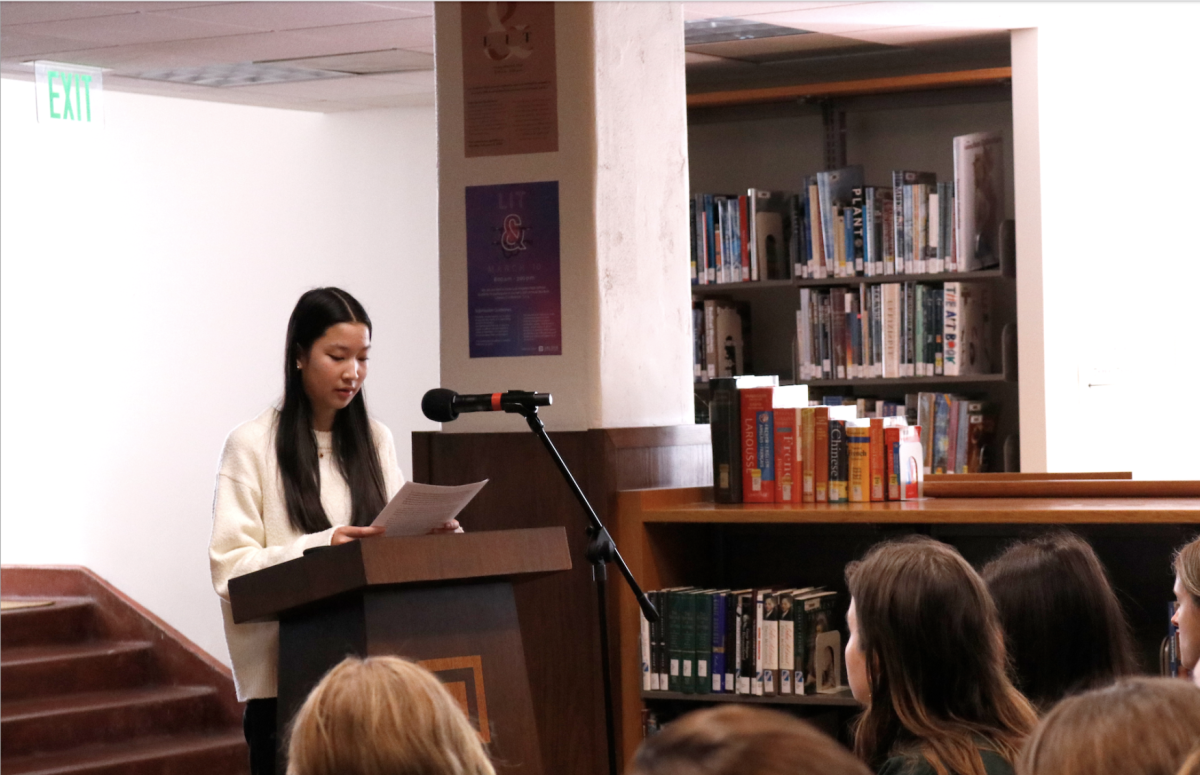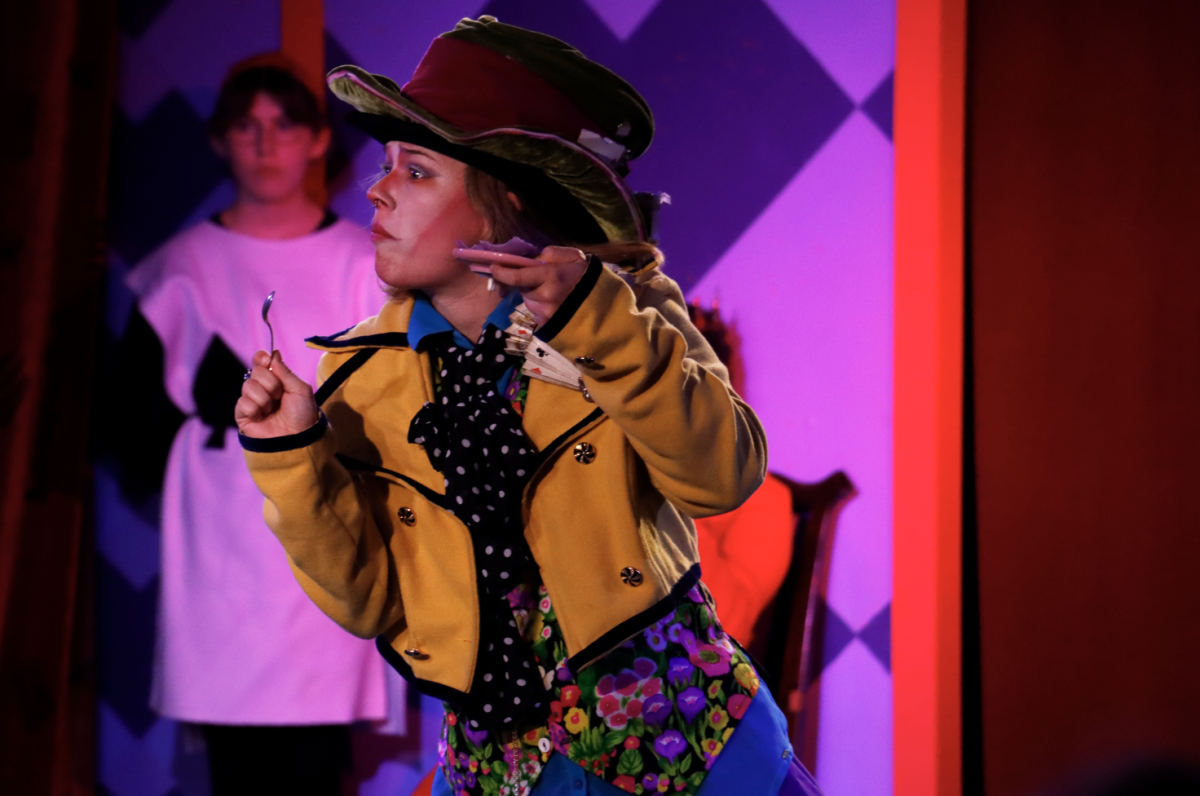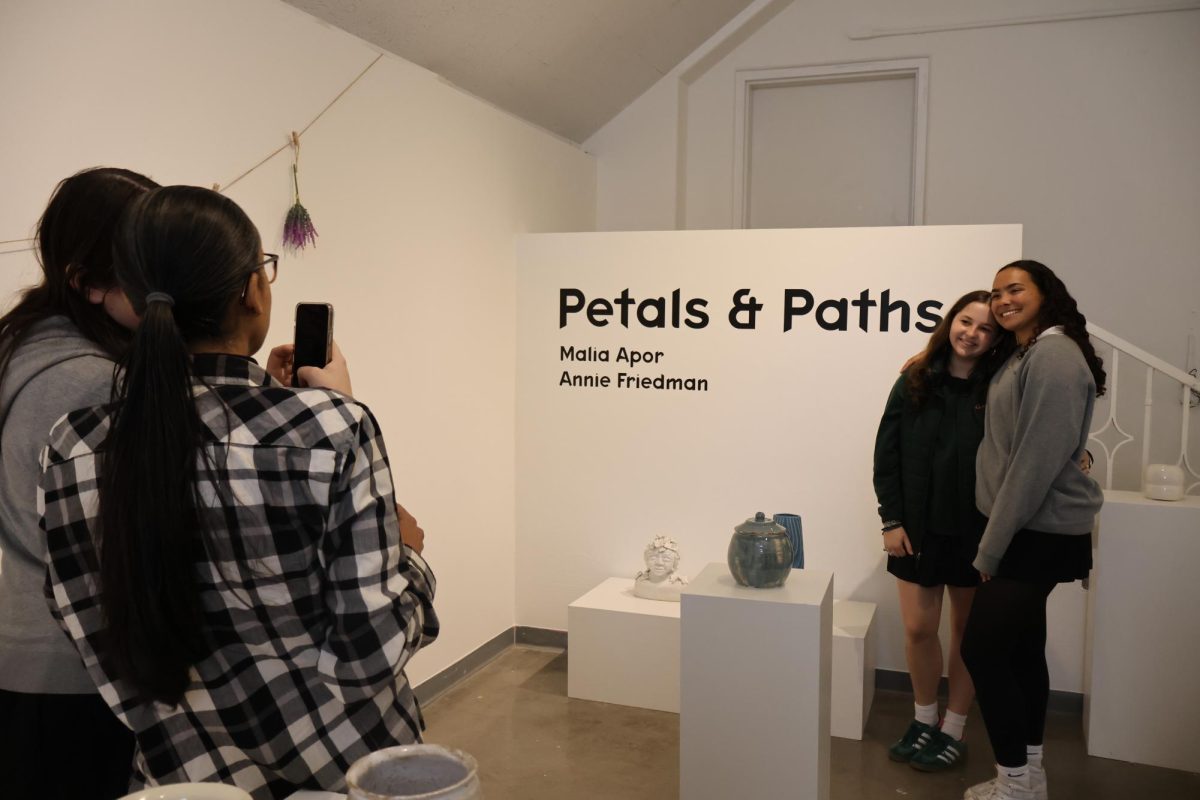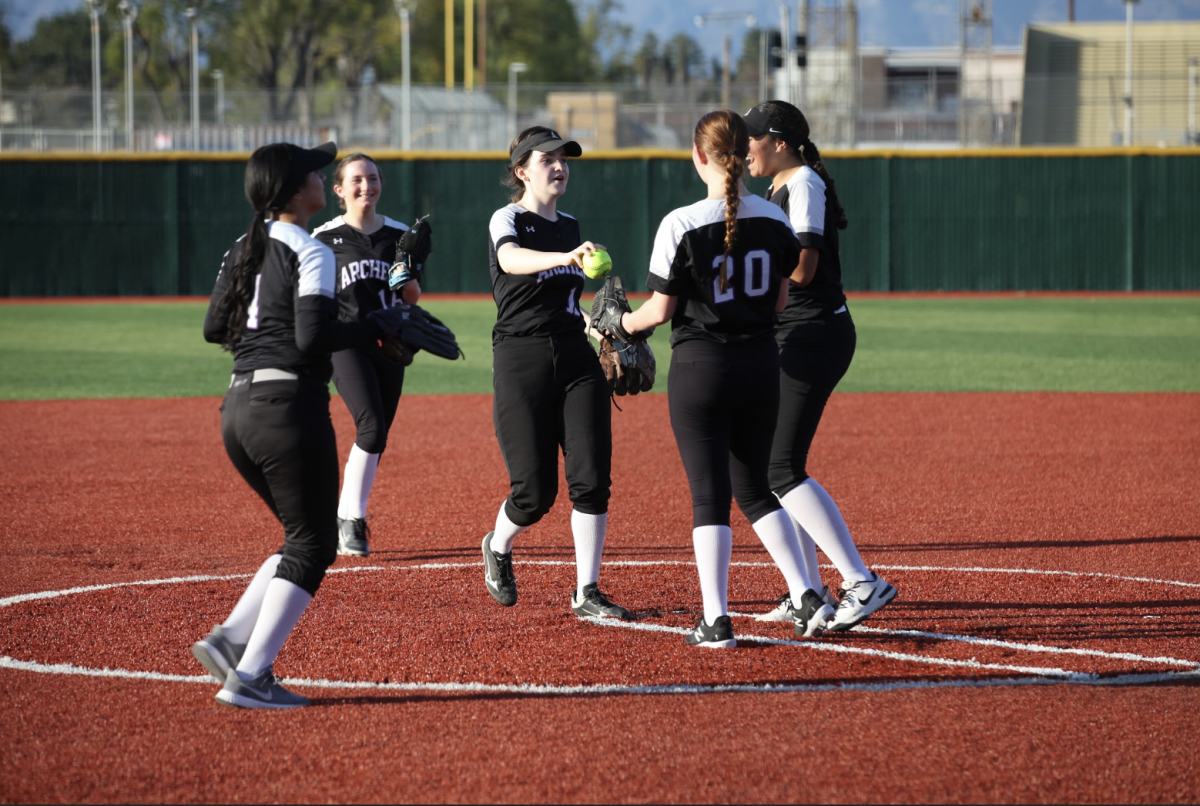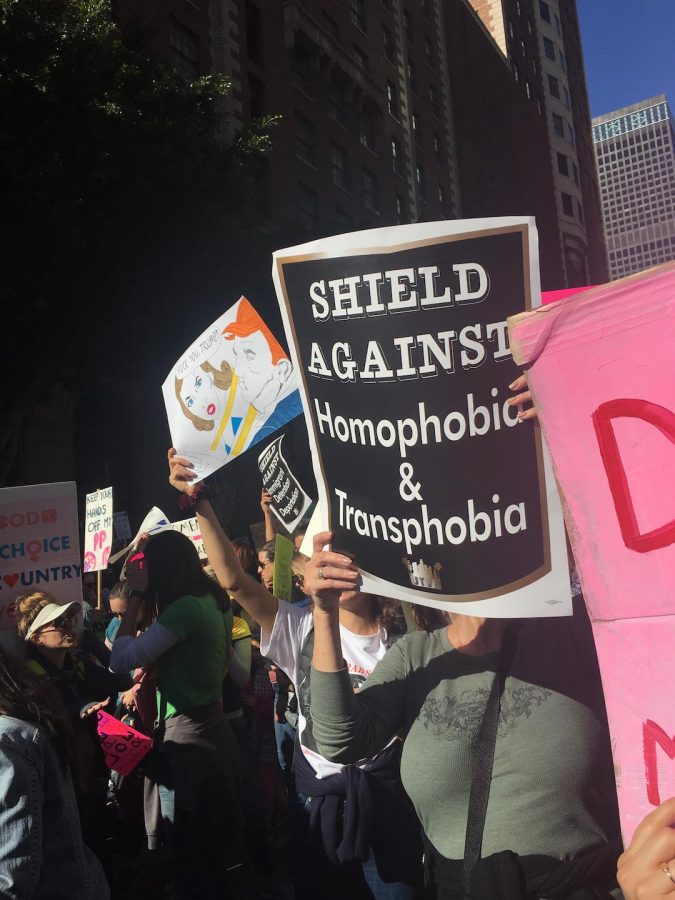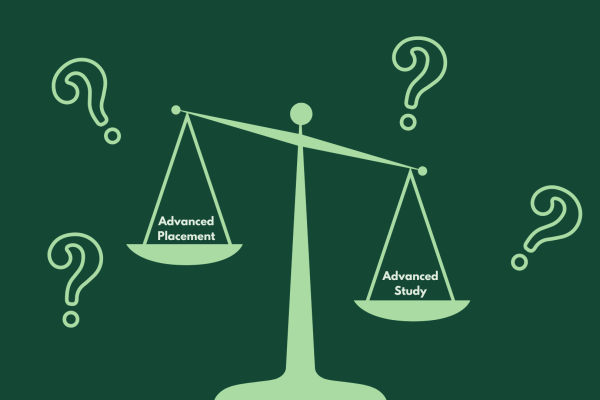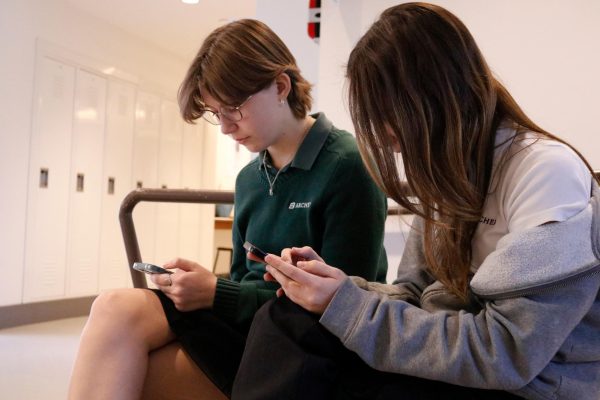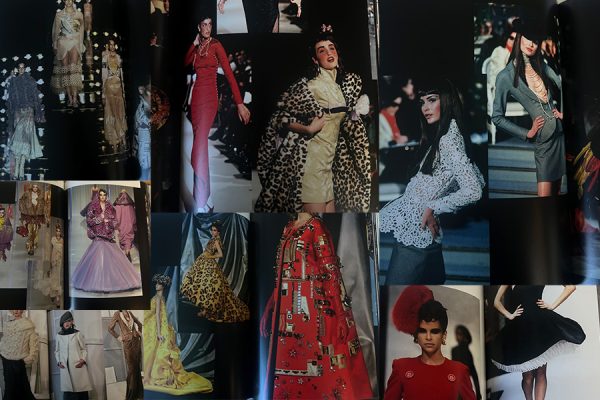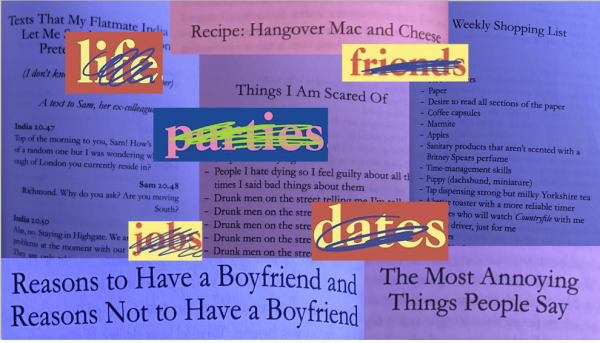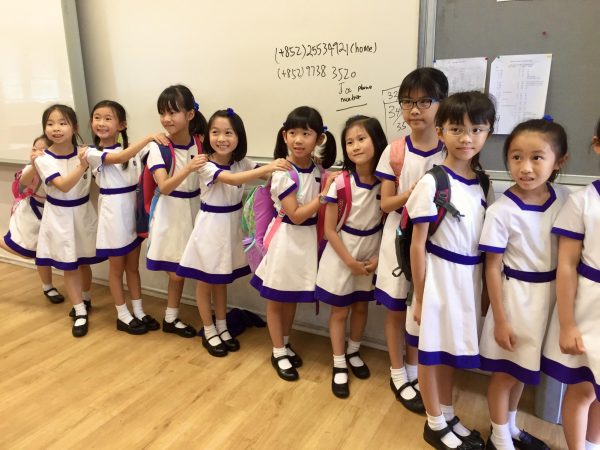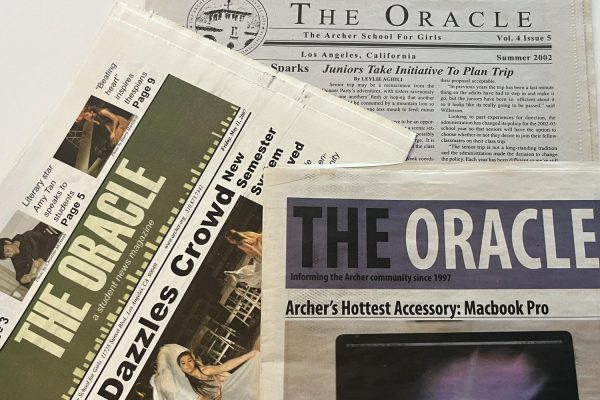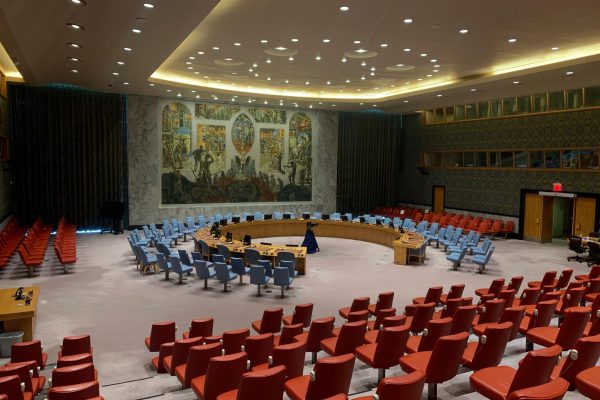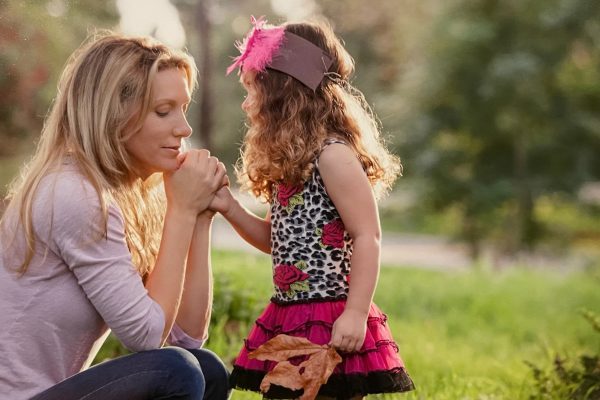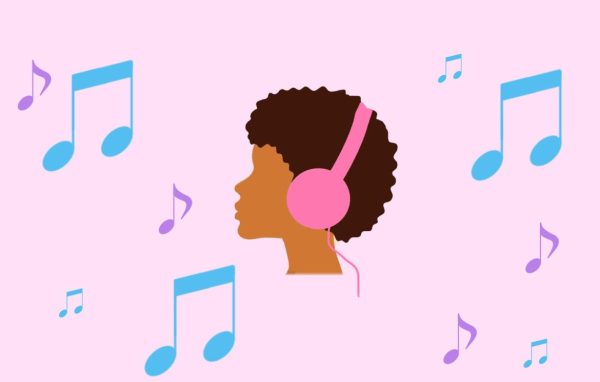Editorial: Feminism must be inclusive to be effective
Photo credit: Eloise Rollins-Fife
A marcher at the Los Angeles Women’s March in January carries a “shield against homophobia and transphobia.”
What makes a woman?
Is it her body? Her appearance? Her profession? Her opportunities, or lack thereof? Is it the color of her skin, or the genitalia she possesses? Around the world, this is a question that is still being grappled with, and progress is only just beginning to be made.
On March 8, the global community celebrated International Women’s Day and throughout the month, Americans have been reminded to keep Women’s History on the forefront of their consciousness. However, still troublingly unclear is the question of what ‘type’ of woman deserves this empowerment — and if your answer, as it should be, is “all of them,” then ask yourself: how am I, as a feminist, working to achieve this goal?
Perhaps you don’t identify as a feminist, though that possibility doesn’t seem nearly as likely as it may have been just a few short years ago. Our school proudly boasts its #LeanInTogether campaign and encourages its students to attend marches and succeed in male-dominated fields.
If Archer has one central message, it’s that women are just as powerful and capable as their male counterparts, and deserve equality. What’s more feminist than that?
Feminism, however, is not simply a declaration that men and women are inherently equal. It’s a movement with a long, storied and often problematic history that cannot be ignored. An explanation of that history would be better suited for a gender studies curriculum than a brief editorial, but nevertheless, to understand the role of feminism in our world today, we must understand its past and present pitfalls.
Traditionally, the mainstream feminist movement has been most open and accessible to middle-class, cisgendered, heterosexual white women. The definition of womanhood, even from a feminist perspective, has too often been restricted to mostly represent this type of woman over all others — and while their support on the sidelines is welcomed, feminists who are poor, transgendered, queer or of color have long been silenced and told to “wait their turn.”
This is useless feminism. This is a movement that will help no one and advance nothing. If feminism is meant to be a progressive movement, then its definition of womanhood must continue to progress by the standards of today and to elevate every voice included under that definition, not just the ones that the world is most comfortable with.
Recently, Nigerian author and vocal feminist Chimamanda Ngozi Adichie came under fire for differentiating transwomen from “real women.”
In a Channel Four interview, she said, “I think if you’ve lived in the world as a man with the privileges that the world accords to men and then sort of change gender, it’s difficult for me to accept that then we can equate your experience with the experience of a woman who has lived from the beginning as a woman and who has not been accorded those privileges that men are.”
We’re not here to judge the feminist credentials or life experience of Adichie, a brilliant writer and impassioned activist in her own right. Everyone, including the ‘wokest’ celebrities, makes mistakes and deserves space to grow from them.
However, her statement illuminates an unfortunate blindspot in the feminist movement. Transwomen are women — just as female as their cisgendered sisters and as just as important to any truly inclusive women’s movement.
As self-described “black queer transgender activist” Raquel Willis wrote in an op-ed for The Root, “If your feminism does not respect trans women in their full womanhood, it’s not truly intersectional. If you don’t advocate for the liberation of trans people, you aren’t truly invested in equality. And if you don’t advocate on behalf of black trans women, then you aren’t truly invested in black liberation.”
Recognizing the validity of transwomen is just the first step. More than anything, Willis recommends that cisgendered allies “elevate trans women to speak for [themselves],” and that is an action that the Oracle Editorial Board can support.
Fellow feminists: listen to each other, seek out a variety of experiences, elevate marginalized voices and use your privilege for good. The movement and the world as a whole will be better for it.

The Oracle's student editorial board, led by the Editor-in-Chief, makes all decisions that pertain directly to the Oracle and has final say over all content....

Eloise Rollins-Fife joined the Oracle staff in 2015 and was promoted to co-Voices editor in 2016. She became the Managing/News & Features Editor for...




![Freshman Milan Earl and sophomore Lucy Kaplan sit with their grandparents at Archer’s annual Grandparents and Special Friends Day Friday, March 15. The event took place over three 75-minute sessions. “[I hope my grandparents] gain an understanding about what I do, Kaplan said, because I know they ask a lot of questions and can sort of see what I do in school and what the experience is like to be here.](https://archeroracle.org/wp-content/uploads/2024/03/grandparents-day-option-2-1200x800.jpg)
